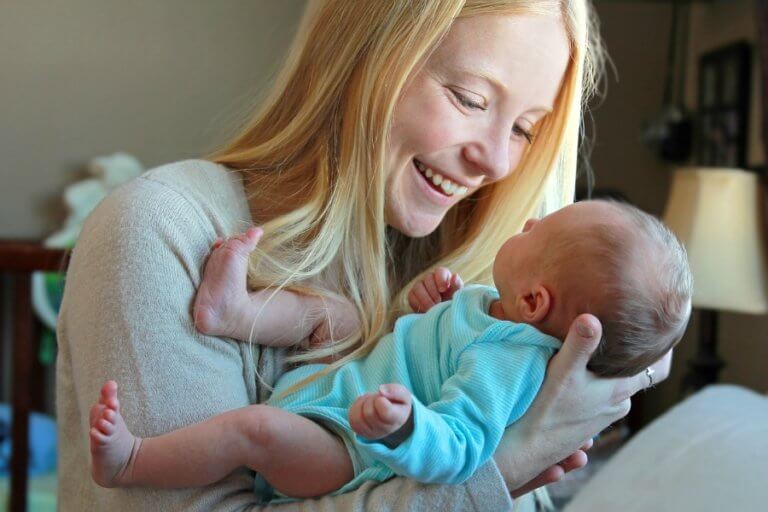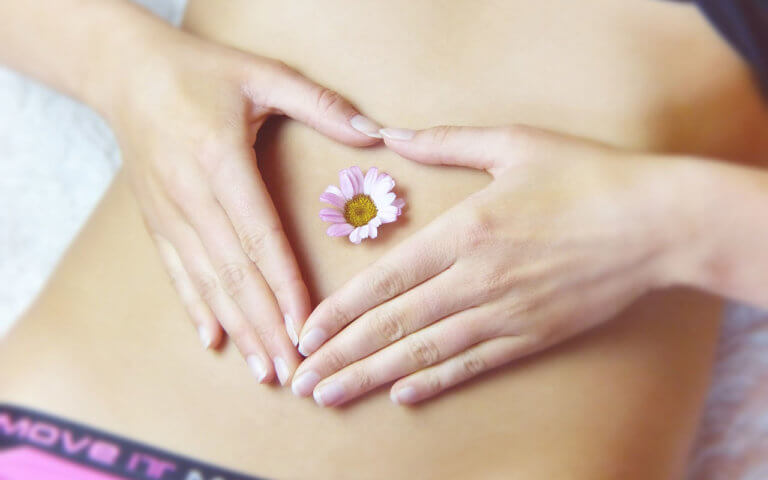More women are freezing their eggs – but only 21% are using them, new report finds
It seems the number of women freezing their eggs has risen over the years.
However, a new report found that only a small fraction of those putting their eggs on ice are actually using them.
More and more women are freezing their eggs – but only 21% are using them
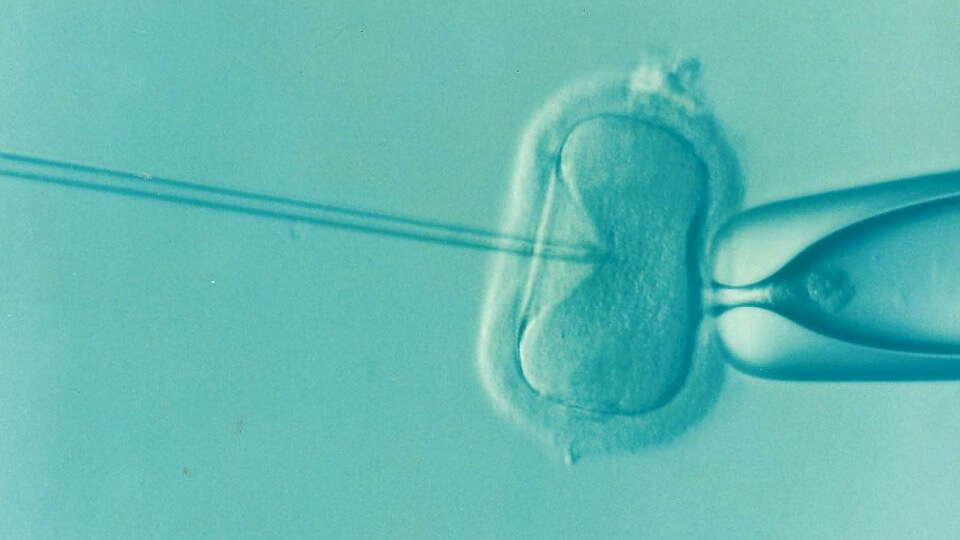
Recent figures by the Human Fertilisation and Embryology Authority (HFEA) has found that more and more women are turning to freezing their eggs.
One reason may that more women are starting their families later than previous generations.
Many experts warn that a woman’s fertility begins declining in her mid-30s, so freezing eggs can become a sort of ‘safety net’ for those who aren’t ready to become mums until later on.
In a report for The Conversation, data from two of London’s largest fertility clinics was analysed between 2008 and 2017.
They found that in this period, only a fifth of all women (129) who had frozen their eggs had used them.
36% of women in the study froze their eggs for ‘social reasons’
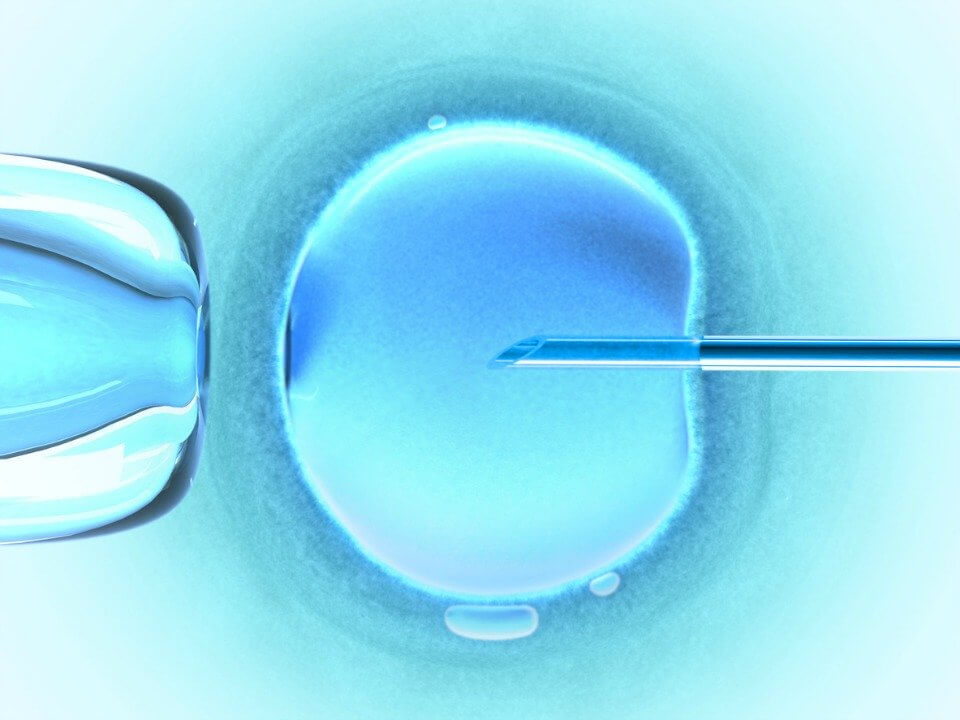
36% of the women who had frozen their eggs had done so for ‘social reasons’, such as their reproductive age increasing. 98% of these women were single at the time.
Meanwhile, 64% of women in the report had frozen their eggs for IVF reasons.
1 in 5 of the women who had frozen their eggs had become mothers. 17% for those who had frozen their eggs for ‘social reasons’, with 48% using donor sperm to become a solo parent.
26% of those who had tried but had been unsuccessful had remaining eggs or embryos in storage.
It may be that many of the women who had frozen their eggs had gone on to conceive children in a natural way and didn’t need to return to use their eggs.
Or maybe many changed their minds about having kids.
Freezing egg stats

Egg freezing is a method of storing a woman’s unfertilised eggs to allow her to try to conceive at a later date.
Women who freeze their eggs may be ‘buying time’ or do so for medical reasons, such as cancer treatment.
Eggs can be stored for many years and when they are ready to be used, they are thawed and fertilised with sperm.
A successfully fertilised egg develops into an embryo and can be transferred into a woman’s uterus.
For women who undergo ‘social freezing’, it can cost thousands of pounds.
Facts about IVF
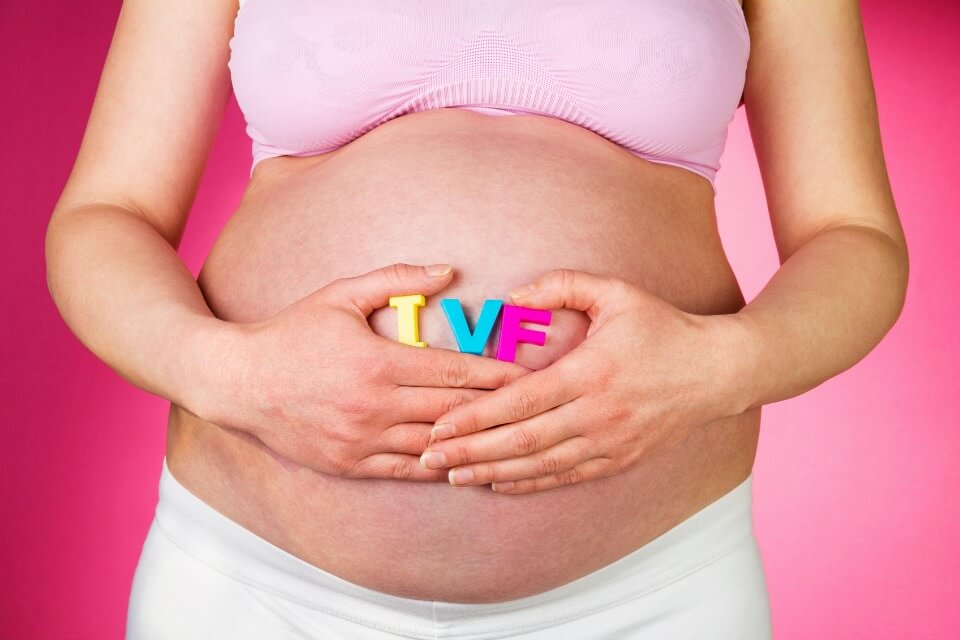
The egg and sperm are fertilised in an incubator outside the body, then the embryo is transferred back into the woman’s uterus.
The whole process up to the embryo transfer stage usually takes six to eight weeks.
Read more:

